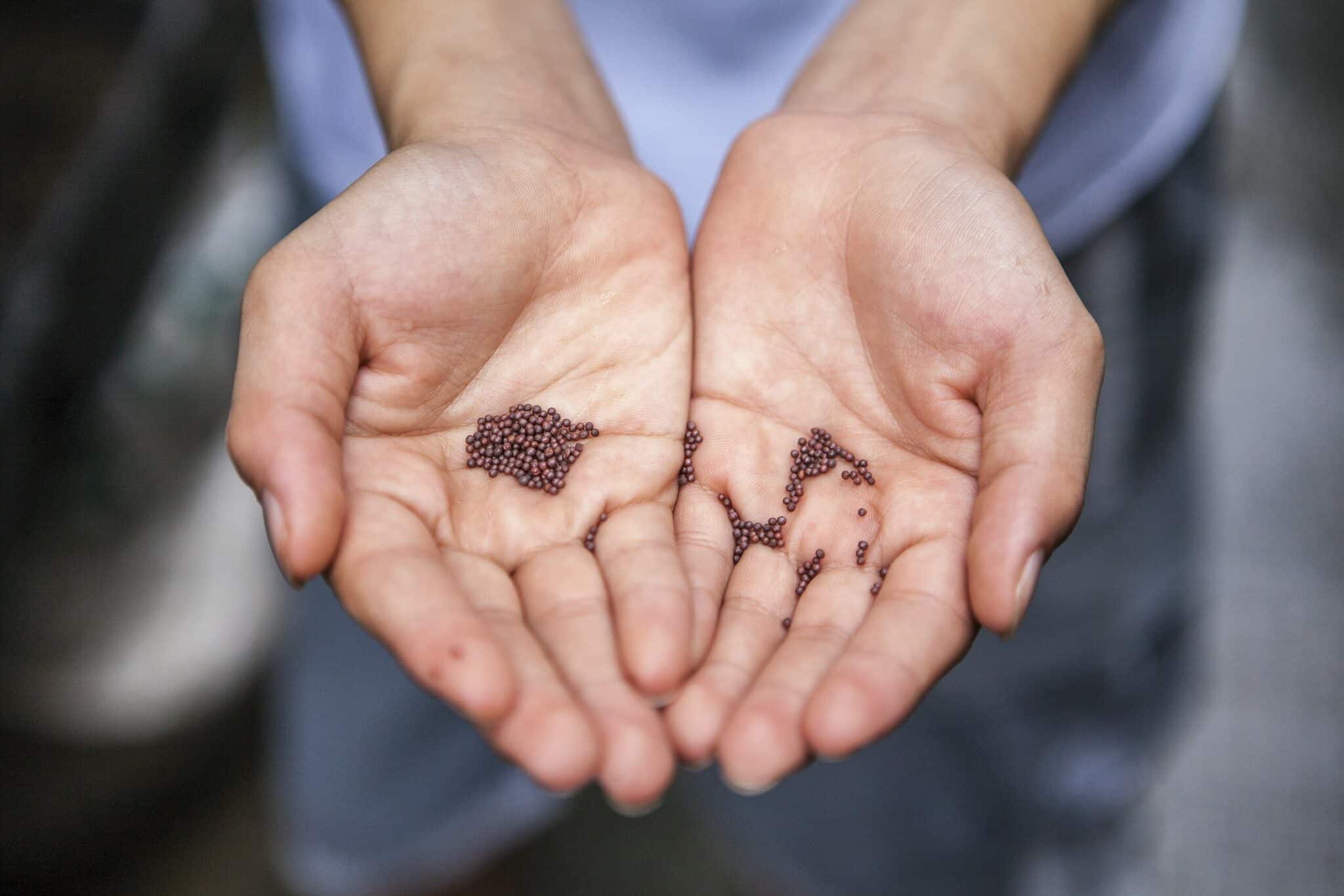Whether you love Indian cuisine or enjoy a spicy tone in your cooking, you can’t overemphasize the usefulness of black mustard seeds. They’re strong-flavored and versatile, so they work in a wide array of dishes and recipes. But you can’t always have them around, and sometimes you may run out. Or, in some cases, you may need an effect that’s not precisely it but somewhat close.
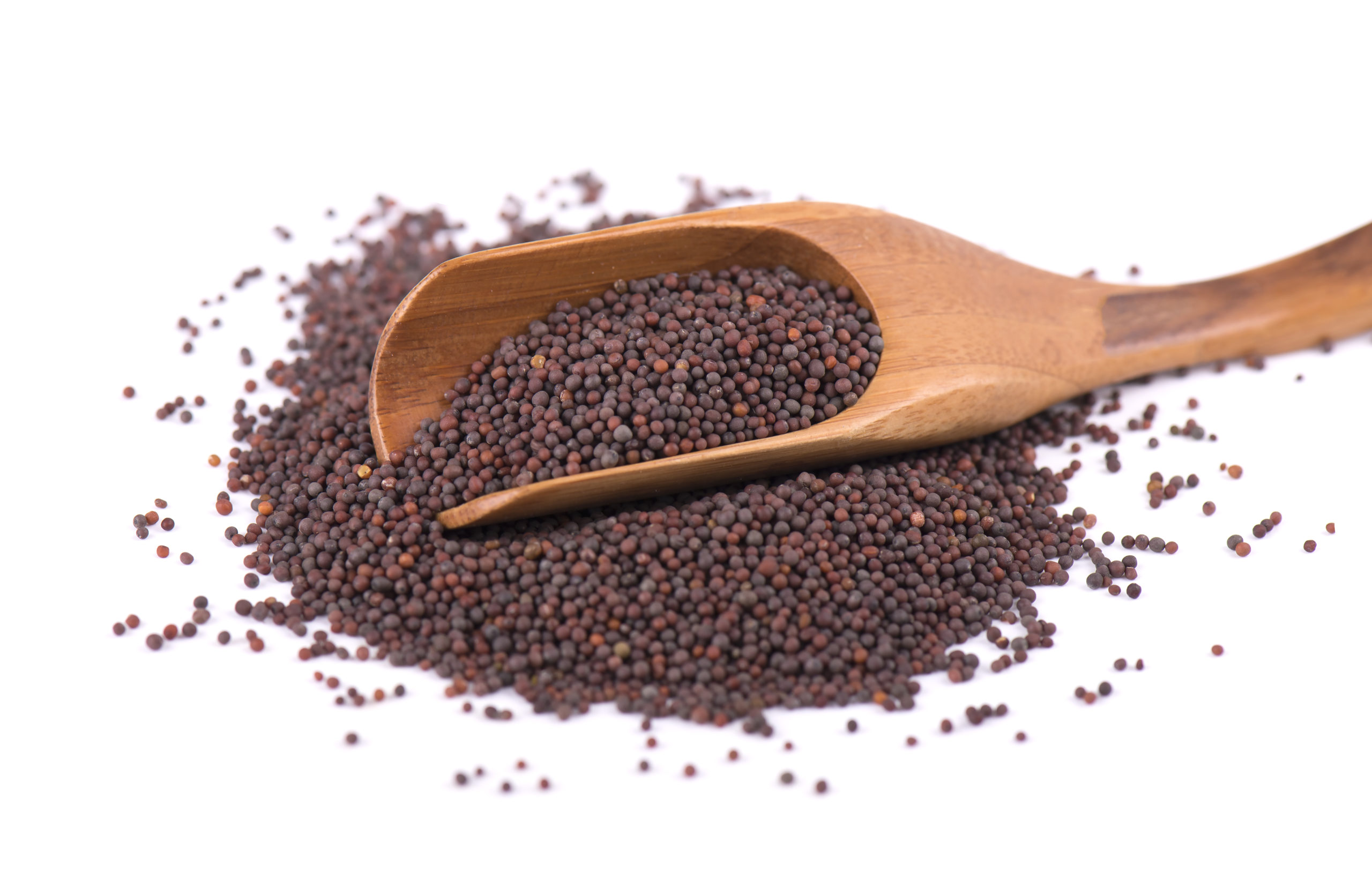
Whatever the case, finding a substitute for black mustard seeds isn’t impossible. As you scroll, you’ll read how this spice came to be such a renowned ingredient in many cuisines. And you’ll also understand why these suggestions can take place when you need them.
What are black mustard seeds?
Mustard seeds, in general, come from the mustard plant, and their tiny sizes measure from one to two millimeters. They’re found in different regions, and the plants come in three types. The white mustard seeds are the most popular and are used in the yellow mixture you squirt from dispenser bottles at burger joints. The brown mustard seeds are most popular in Indian cuisine- a reason why they’re also called Indian mustard seeds. But of all the three, the black mustard seeds are the most intensely flavored.
The black mustard plant is commonly grown in Asia, North Africa, and Europe for its aromatic seeds. The seed color is primarily dark brown-sometimes with red hues- and is grounded to make a stand-alone spice. But some recipes like hot ghee use them whole, where they pop and contribute a somewhat nutty flavor. But overall, black mustard seeds are characterized by a pungent, spicy flavor and an intense aroma, but milder than most mustard seeds.
Black mustard seeds in recipes
Like other types, black mustard seeds are many used as a flavoring. But with them, you get a more robust spicy and savory flavor. They’re usually toasted first before being added to a dish. And though black mustard seeds aren’t as aromatic as their yellow or brown cousins, they still impart a strong fragrance. As such, they make a perfect inclusion in dishes that thrive on hotness.
Black mustard seeds can be added to any wet dish available. They’re also an excellent option for fusing a bit of spice into beverages. You can also use them in dry recipes, though they’ll have to be grounded first. When pulverized, the ingredient can be added to baked goods for an extra ting. And they work great when combined with other ingredients to make a seasoning or spice mix.
Black mustard seeds are a common flavoring in Indian recipes. You’ll also find them in many dishes from numerous other cuisines, some of which include;
- Soups
- Pickles
- Stews
- Dry rubs
- Dressings
- Spiced vegetables
- Curries
- Indian Potatoes
- Fillings and stuffings
- Pies
- Savory quinoa
- Steamed shrimp
- Green mango mustard kashundi
- Pan-seared steak
- Gravalax
- Tofu stir-fry
- Spiced chicken thighs
- Kadukusaadam
- Sautéed vegetables
- Pan-seared halibut
- Carrot kanji
- Dahi toast
- Mustard chicken
- Cheese and mustard seeds biscuits
- Chicken vindaloo
- Roasted vegetables
- Buttery mash
- Chutneys
- Cucumber Raita
- Creamy butter chicken
- Chili prawns
- Coleslaw
- Dal Tadka
- Salads
- Baked aloo gobi
- Beef chili flash fry
- Crisp fried chicken
- Marinades
- Poha potatoes
Substitutes for black mustard seeds
Imagine that you’ve pulled out the list for Easy Bombay Potatoes and are getting ready to jump at it. And you’ve confidently started on the cooking, only to realize your spice jar is missing some black mustard seeds. Or perhaps you do have some but feel its hotness may be too much for you. In these and many other scenarios, any of the substitutes below will easily replace black mustard seeds.
Brown mustard seeds
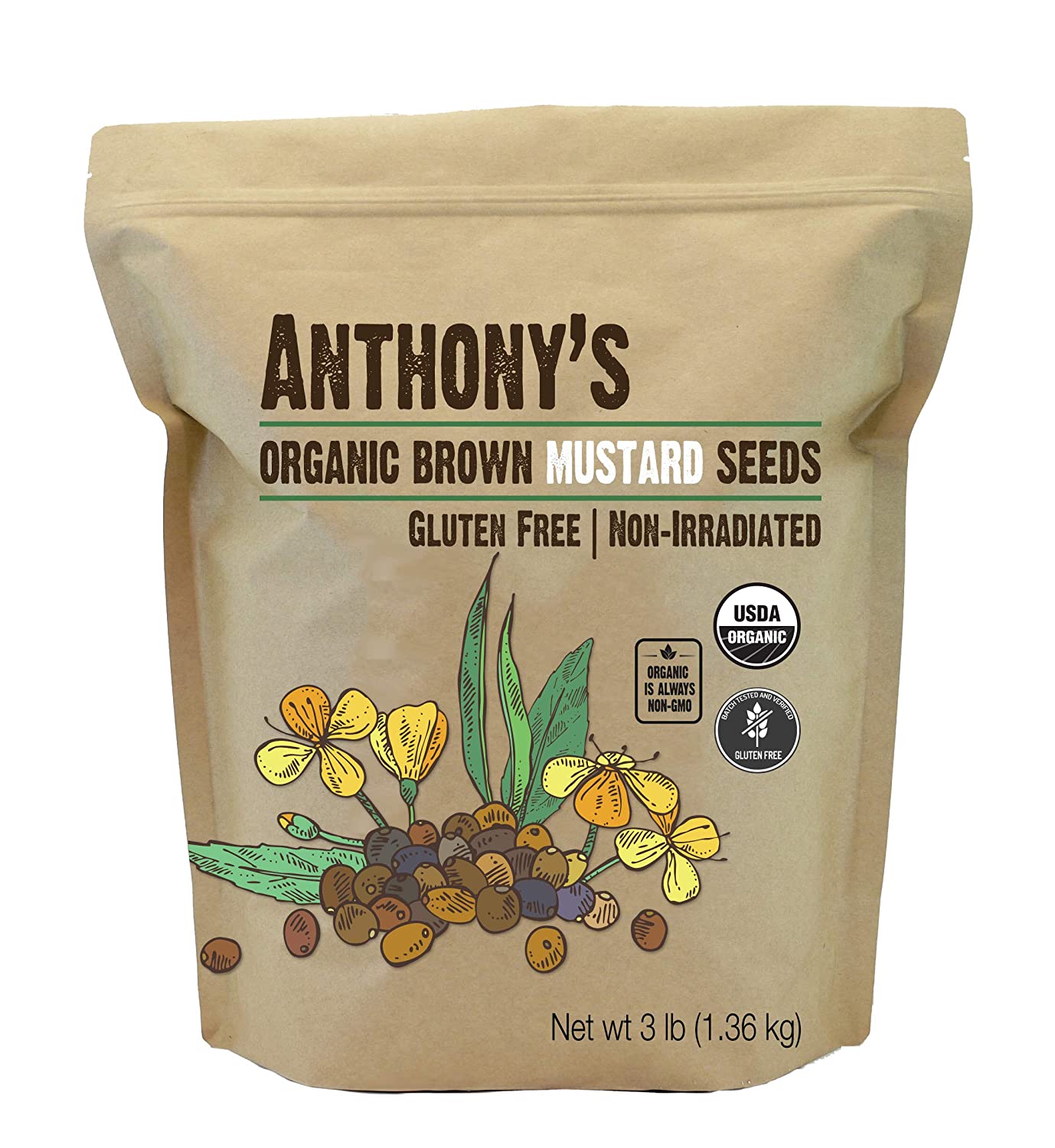
Both seeds are from the same family, so they share a similar flavor profile. And though there’s a third member- the yellow mustard- brown mustard seeds share the closest resemblance in this situation. Their brownish color is also close to the dark brown shade of black mustard seeds, which works in places where appearance is essential.
But note that brown mustard seeds aren’t as spicy as their black counterpart. And if you’re toasting or frying them for a recipe, the seeds’ heat will be reduced a bit. So the best way is to use more of it to replace black mustard seeds. So, swap with equal amounts of brown mustard seeds, but add an extra half to compensate for the heat difference.
Horseradish
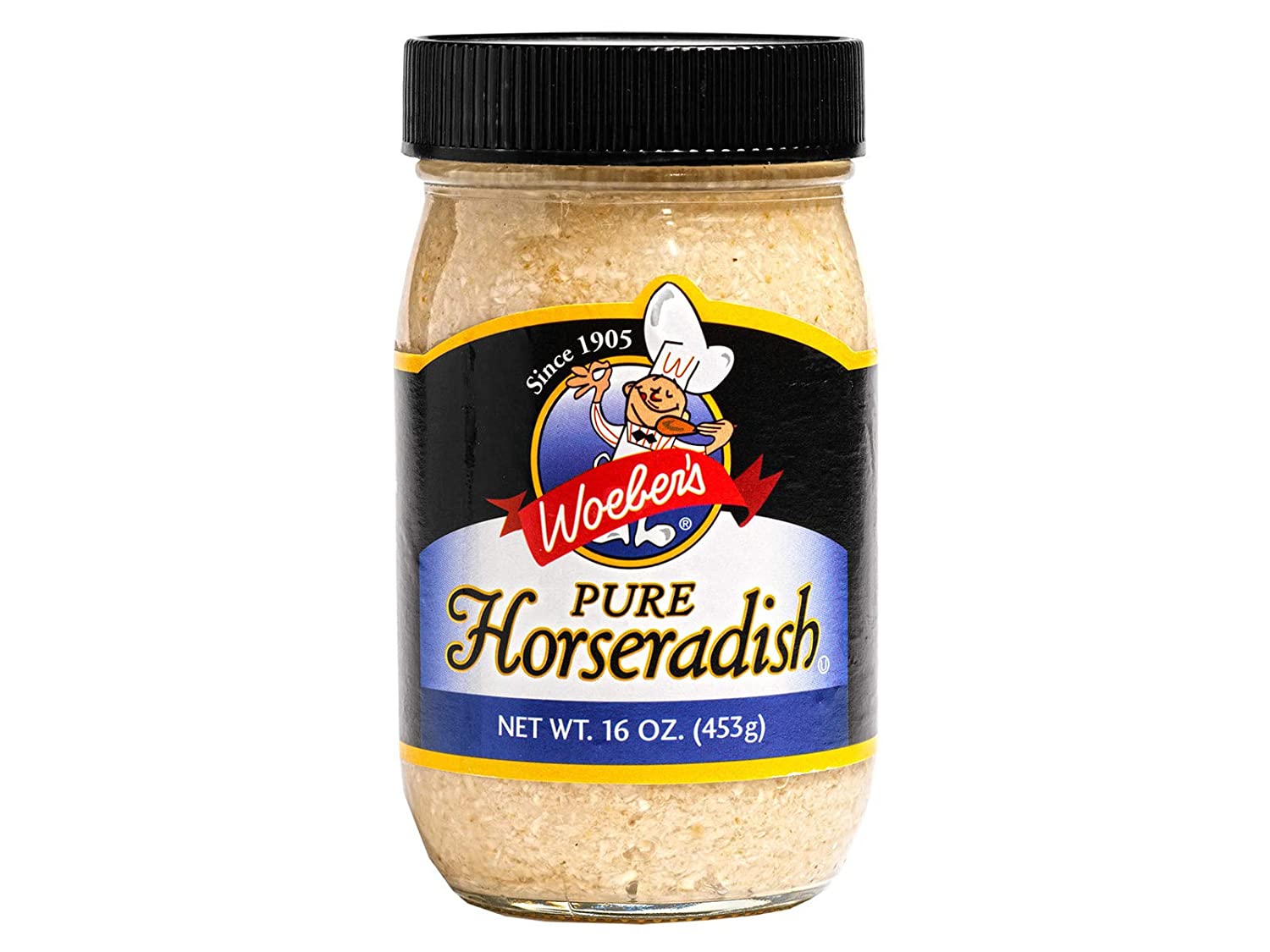
Black mustard seeds are established as a powerfully hot spice, even above their relatives. So in cases where this factor is what you seek, horseradish makes the best alternative. It’s a distant relative of the black mustard plant, having come from the same family. And, you can easily find it around you, so it’s a convenient substitute for spiciness.
While horseradish is an ideal equal substitute for black mustard seeds, it works best in spicy recipes. The reason is that horseradish has a hotter flavor profile, so it’ll contribute more spiciness. If you’re using it as a quick-fix substitute, it’s best to do so in lower quantities. And you can choose the ground option or go for prepared horseradish, a mixture of the fresh ingredient with vinegar.
White mustard seeds
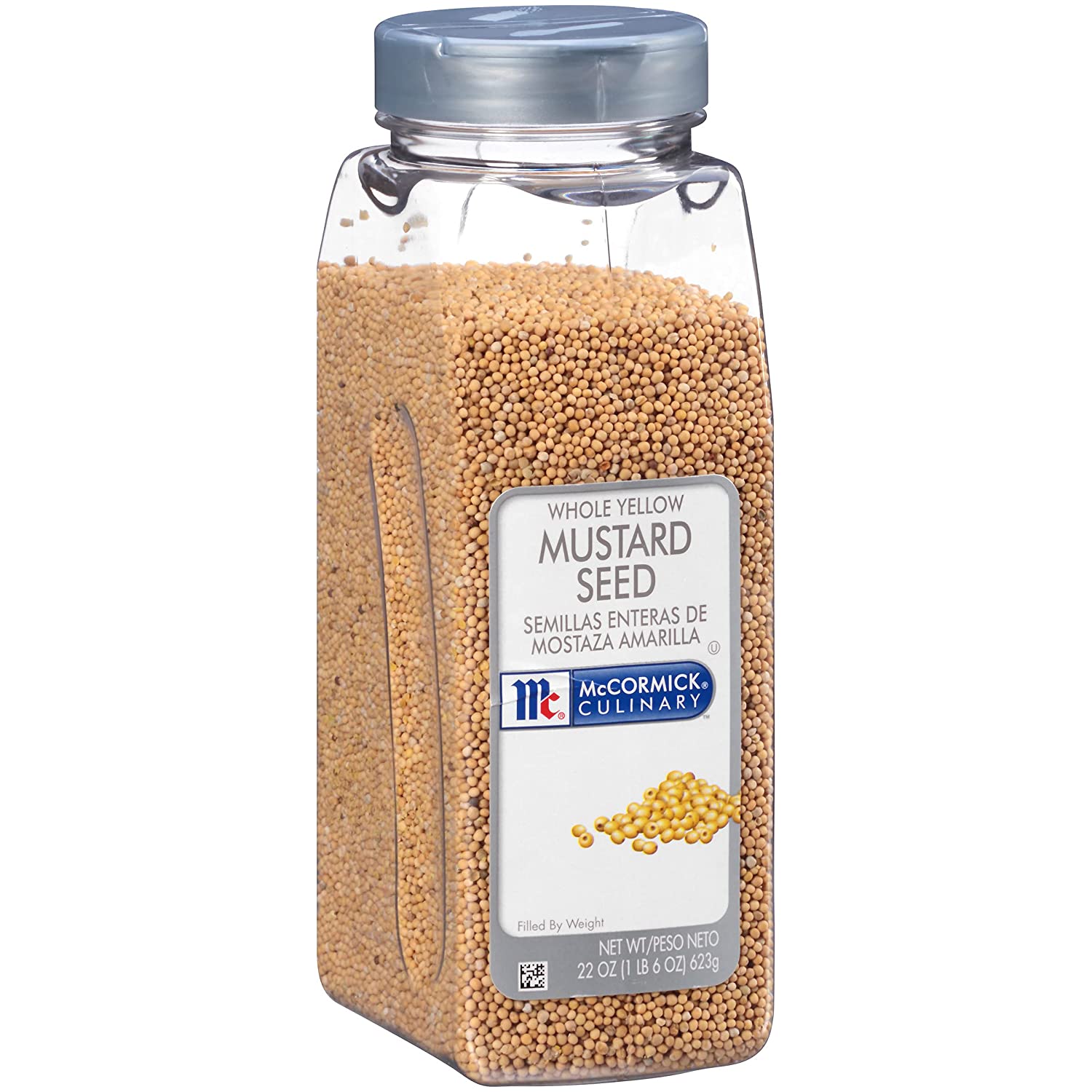
Though this substitute is another close relative of the black mustard, its seeds have the mildest heat and flavor. But because they’re so easy to find, white mustards make an ideal alternative in times of need. They’re larger seeds, though, so note this when popping them in soups and curries. And they’re already a popular ingredient in American and European cuisines; you’d remember them on your hot dogs and burgers.
Of course, the mixture you see in jars around you is a combination of white mustard seeds and turmeric, hence the yellow color. But alone, they can take the place of black mustard seeds. But you’ll need to use more of it since its flavor is milder. As such, double the amount of black mustard seeds required in the recipe.
Wasabi powder
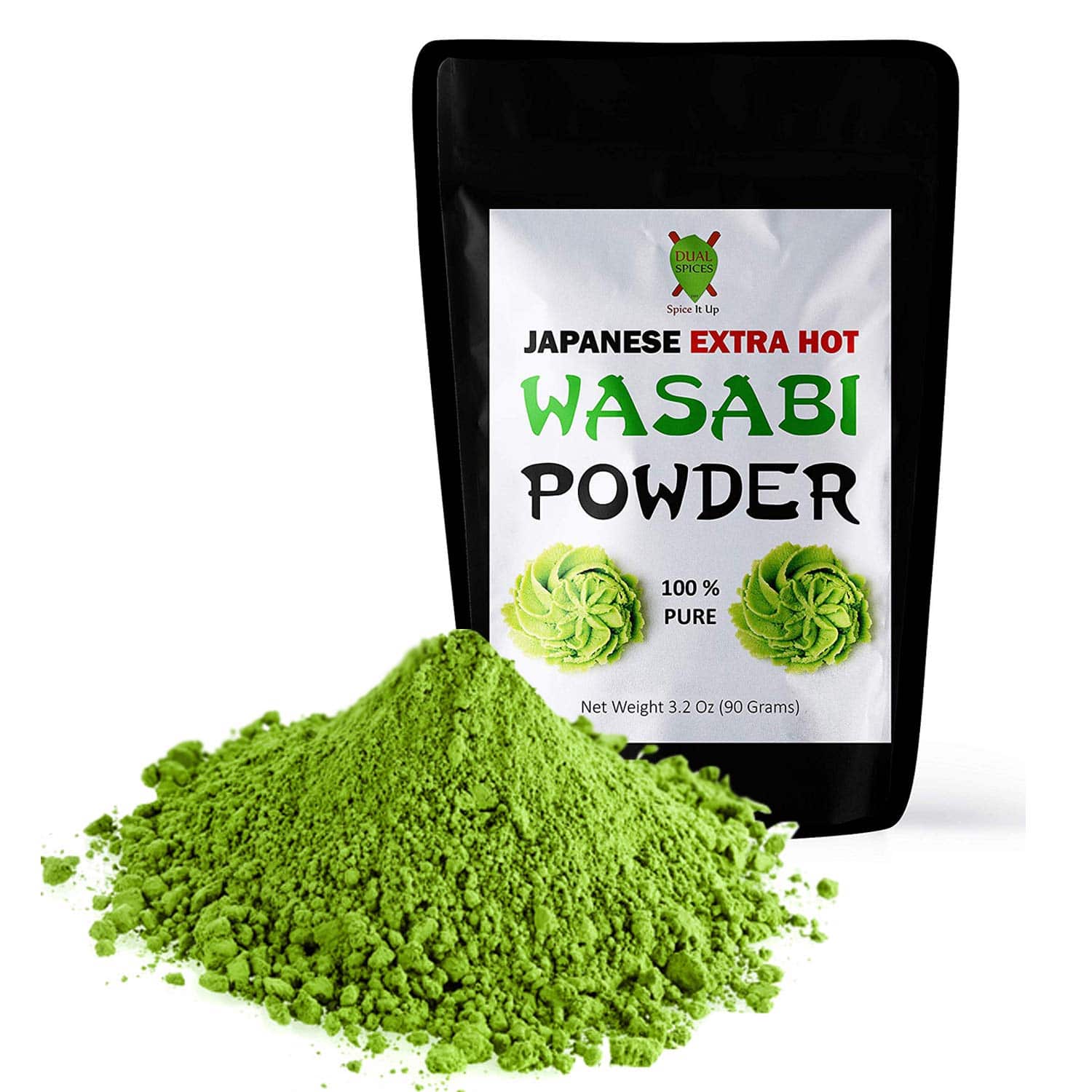
Another ingredient that shares the black mustard seeds’ hotness is wasabi powder. This spice is synonymous with Asian dishes, and you’ve seen it tons of times feature on sushi and other Japanese recipes. Wasabi powder also tends to contain dry mustard, so it’s one way to add a familiar flavor along with hotness to your dish.
But wasabi powder is extremely hot, even more than black mustard seeds. As such, you’ll need only small amounts to replace it in recipes. It’s also advised only to consider wasabi powder for recipes that thrive on high heat. So, when using it to replace black mustard seeds, start in small quantities, then work your way up to taste.
Mustard oil
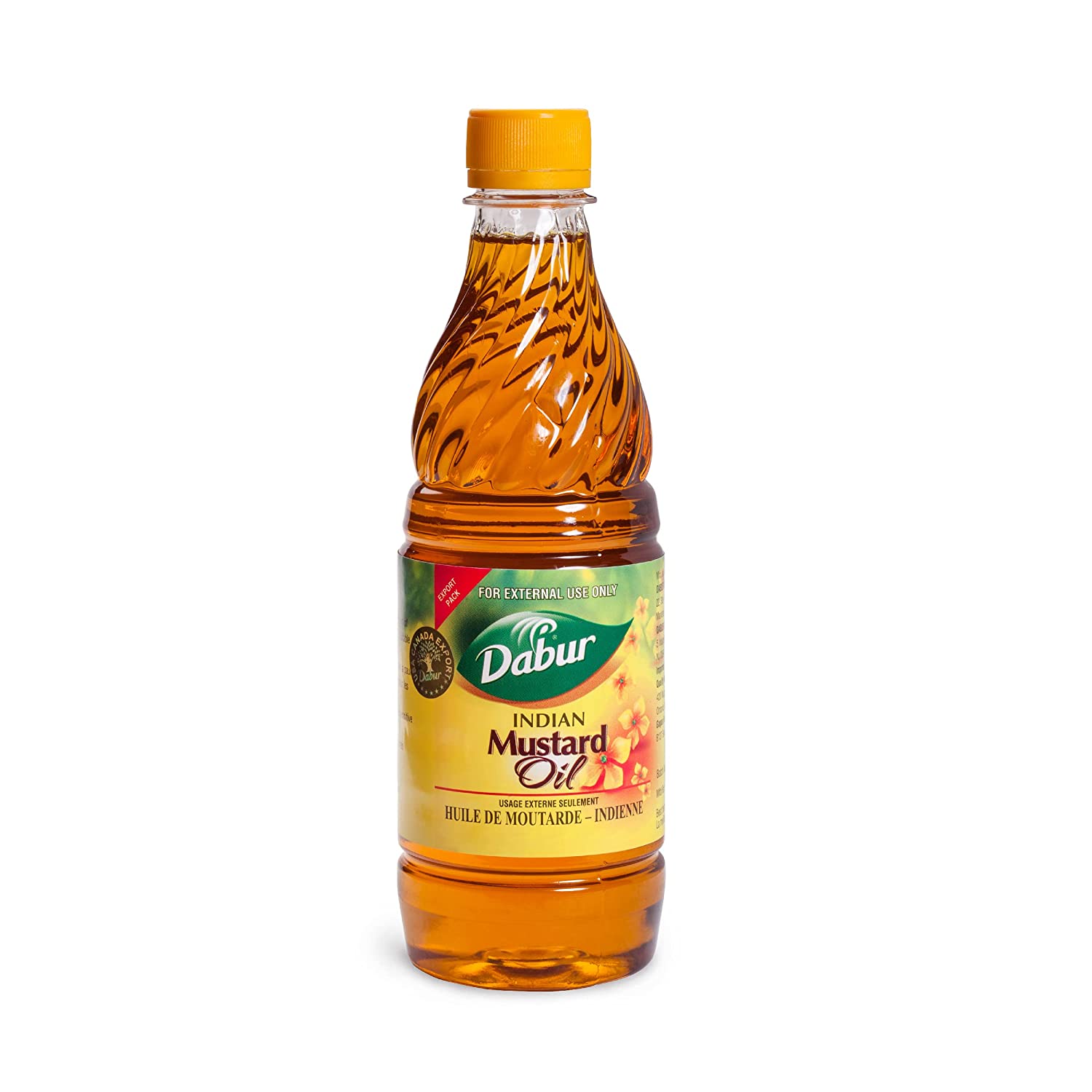
Though it may sound like a rare ingredient, mustard oil is derived directly from mustard seeds. It’s also a commonly used additive in vegetable dishes and salads and can replace black mustard seeds in such cases. Plus, mustard oil is regular in Indian recipes and adds about the same amount of spiciness to foods as black mustard seeds. They can be swapped at equal ratios in such dishes without compromising the flavor or heat level.
Frequently asked questions (FAQs)
Can I substitute nigella seeds for black mustard seeds?
Black mustard seeds are commonly used as a replacement for Nigella seeds in many dishes. So, it’s logical that it can replace mustard seeds in some instances as well. But note that Nigella seeds are less spicy compared to black mustard seeds.
What do you use black mustard seeds for?
Apart from being a regular condiment for infusing hotness to dishes, black mustard seeds are also medicinal. Many local remedies employ the spice for joint pains, arthritis, cold, and lung illnesses. Their pain-relieving properties are also helpful for teeth and gums, and they’re Richmond minerals like selenium.
How Long do black mustard seeds last?
Under proper storage conditions, black mustard seeds will last for about three to four years. And when stored in air-tight containers, the seeds’ potency will be significantly retained.
https://www.youtube.com/watch?v=WIpYYD9wQio
Conclusion
Many have recognized the super-spicy advantage of black mustard seeds. And now, you also know the many ways to find alternatives for it in your cooking. Its unique hotness and robust flavor aren’t as replaceable as you may have worried. And any of these substitutes will give your recipes a similar presence and taste.
